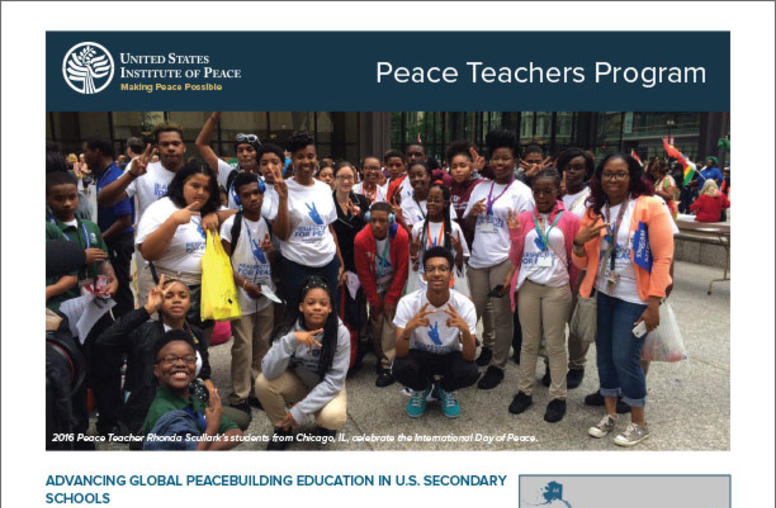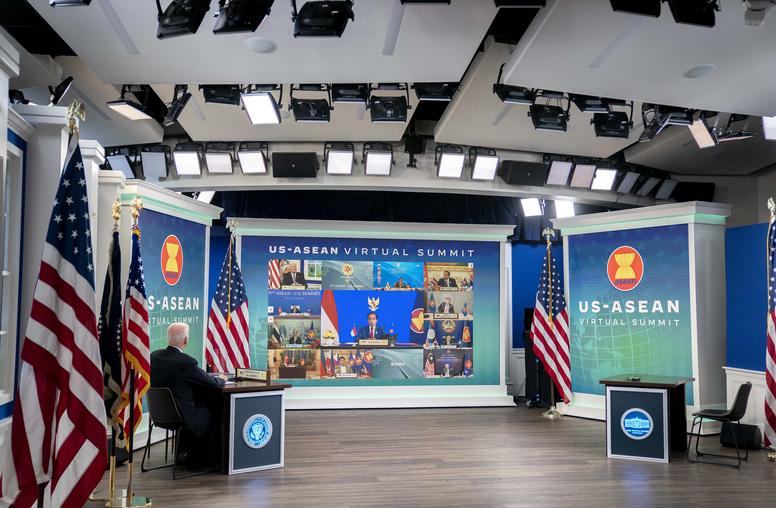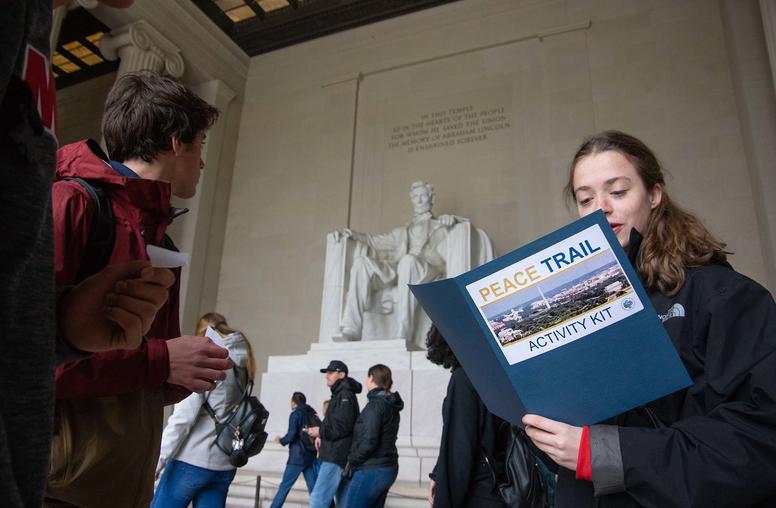Implementing U.S. Human Rights Policy
Agendas, Policies, and Practices
Since the 1970s, the promotion of human rights has been an explicit goal of U.S. foreign policy. Successive presidents have joined with senators and representatives, hundreds of NGOs, and millions of ordinary citizens in deploring human rights abuses and urging that American power and influence be used to right such wrongs.
As the United States continues to wage the War on Terrorism, it is imperative that we understand these serious new challenges within the context of our larger fight for global human rights. Implementing U.S. Human Rights Policy underscores the United States' paramount commitment to fighting for the values of human rights. Providing a wide range of different opinions on how these sacred values ought to be defended through our foreign policy, Implementing U.S. Human Rights Policy is a truly significant contribution in this crucial national debate.
—Tom Lantos, Ranking Member, House International Relations Committee, and Co-Chariman, Congressional Human Rights Caucus, U.S. House of Representatives
Since the 1970s, the promotion of human rights has been an explicit goal of U.S. foreign policy. Successive presidents have joined with senators and representatives, hundreds of NGOs, and millions of ordinary citizens in deploring human rights abuses and urging that American power and influence be used to right such wrongs. Vigorous debates, bold declarations, and well-crafted legislation have shaped numerous policies designed to counter abuses and promote U.S. values across the globe.
But have such policies actually worked?
This incomparable volume answers that question by spotlighting no fewer than 14 cases spanning four continents and 25 years. In each case, a distinguished author charts efforts to implement U.S. policy and highlights the problems encountered. The chapters explore the interaction between competing moral, economic, and security considerations; examine the different challenges facing policymakers in Washington and practitioners in-country; and assess what worked, what did not work, and why. Throughout, the emphasis is on discovering useful lessons and offering practical advice to those considering new initiatives or trying to improve existing efforts.
Packed with insights, Implementing U.S. Human Rights Policy offers an even-handed and highly readable synopsis of the major human rights challenges of our times.
About the Author
Debra Liang-Fenton is a former program officer in the Institute's Research and Studies Program and is now executive director, U.S. Committee for Human Rights in North Korea. She has authored numerous articles on promoting human rights and was editor of the Journal of Democracy.



